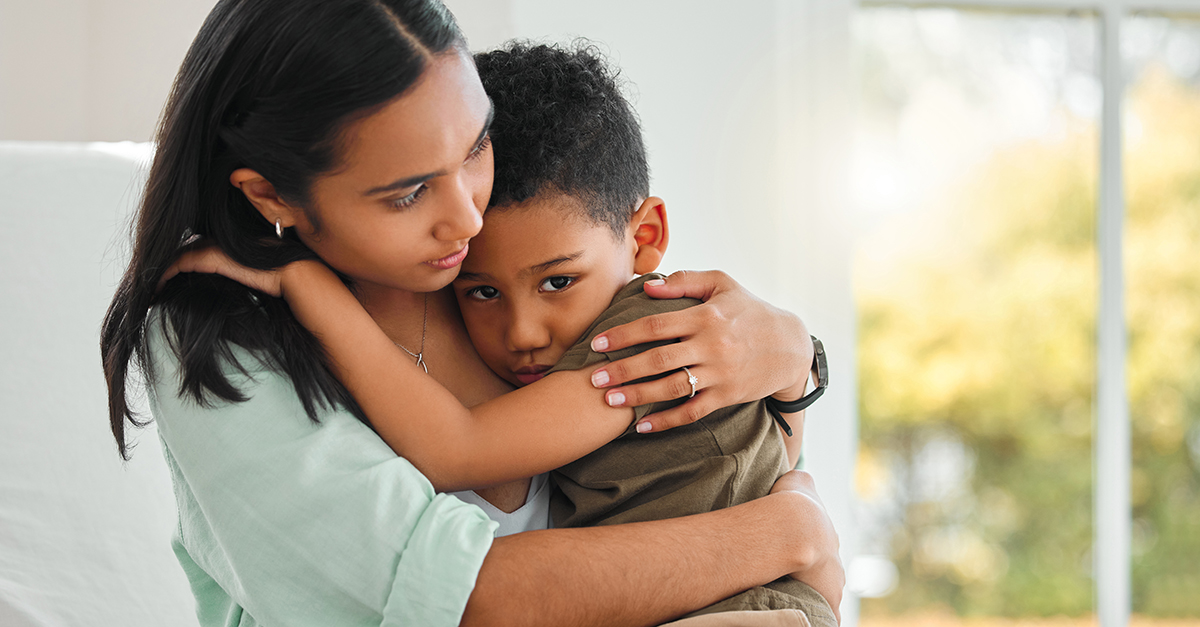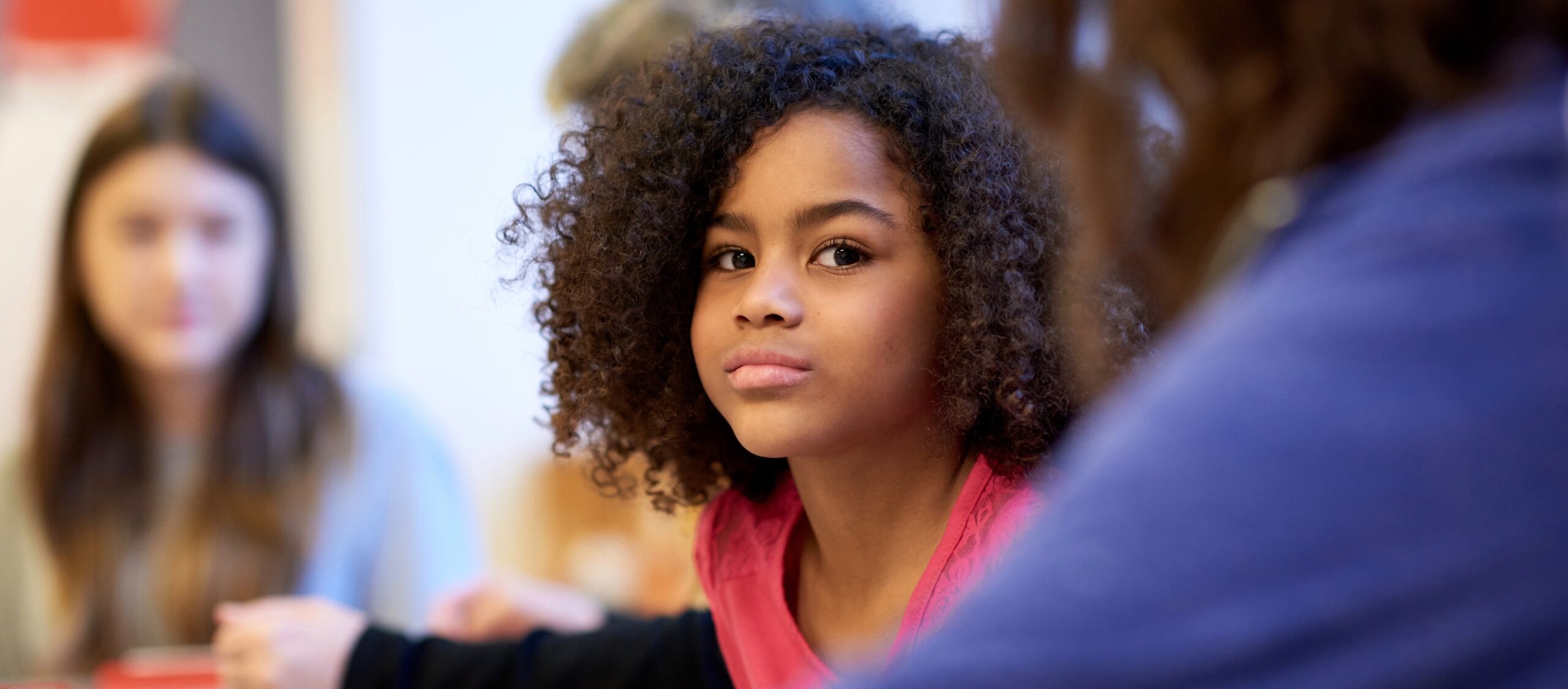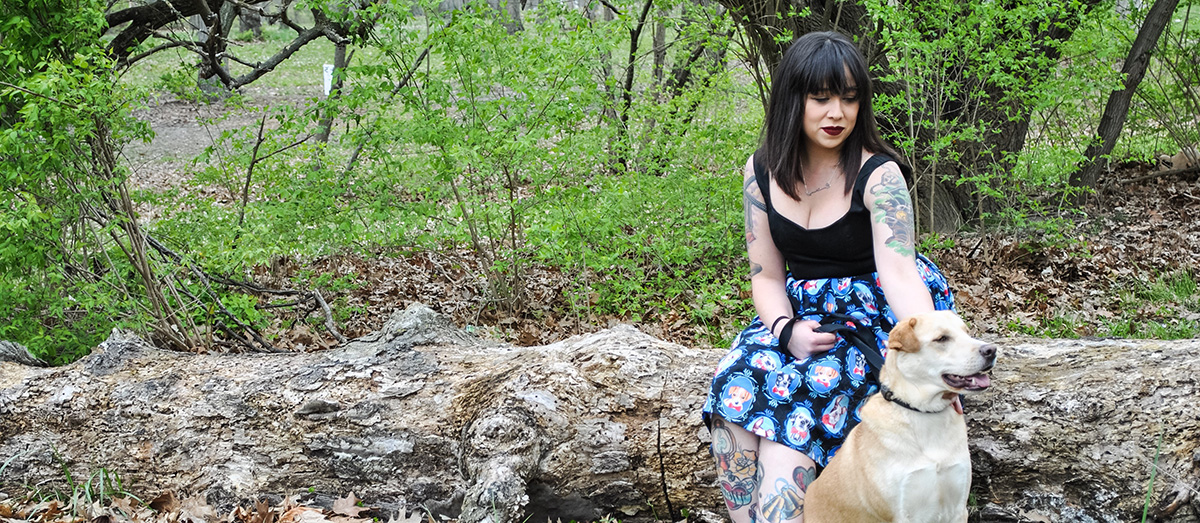Kidney stones are not just an adult problem. In fact, the number of children with kidney stones has increased four-fold in the last 15 years. What’s more, if your child gets one kidney stone, he’s 50% more likely to get another one.
This is an issue because reoccurring kidney stones are a risk factor for chronic kidney disease, which in turn can cause high blood pressure and even kidney failure – in the most severe cases.
If your son or daughter has had a kidney stone, here’s what you need to know:
4 Things to Know About Reoccurring Kidney Stones in Kids
-
Who’s getting them the most
While we see children of all ages with kidney stones, teenagers are experiencing them the most. We don’t know exactly why, but we have some theories. We do think that obesity, lack of exercise and climate change play a role. Kidney stones tend to happen more frequently in warmer weather. In addition, some medications can increase the risk of stones.
-
How genetics play a role
Kidney stones run strongly in families. If someone in your family gets them, pay attention to the potential warning signs in kids, such as pain around the kidney area, unexplained weight loss and vomiting. There are also some inherited genetic factors that can lead to kidney stones.
-
The importance of identifying the type of stone
Determining the type of stone your child has will help us create a patient-specific prevention plan. We will analyze the stone and urine as a part of this fact-finding process. Depending upon the root cause, the plan may include a mixture of medicine, close follow-up, as well as hydration and dietary recommendations.
-
The basics of preventing them
Dehydration and a high-salt diet increase the risk of kidney stones. All children who get them, regardless of the cause or type of stone, can benefit from the basics of good hydration habits. Here are some simple tips to decrease salt intake and increase fluids:
- Cook more at home, that way you have control over what’s in your child’s food
- Don’t add table salt to your child’s food
- Read labels on packaged foods, especially canned goods, dressings and sauces
- Limit deli and cured meats
- Increase your child’s water intake to keep urine clear. Typically, we advise that children drink half of their body weight in ounces daily and teenagers drink 8-10 8 oz glasses of water a day. Here are 4 easy ways to get your kids to drink more water.
If your child has had one kidney stone, we recommend scheduling an appointment with a urology or nephrology team, to help determine the root cause and a plan to prevent new stone formation. Having a comprehensive evaluation and management plan may help reduce the recurrence rate, missed days of school, number of trips to the emergency room and surgeries.
To learn more about our Stone Center, or to schedule an appointment, please email stonecenter@cchmc.org or call 513-803-ROCK (7625).





